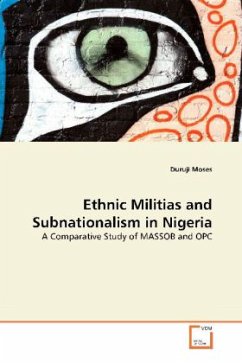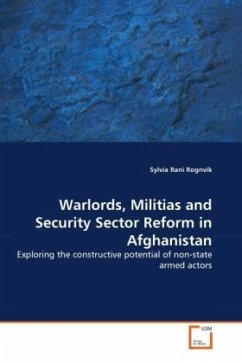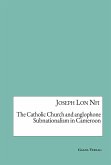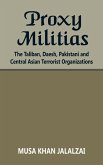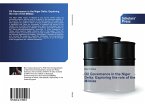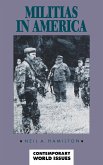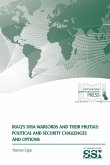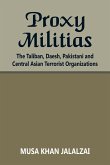The proliferation of ethnic organizations operating outside the confines of the law as forms of sub- nationalism expression has become the prevailing feature in Nigeria. This constitutes threat to the survival of the state and its democracy. The study showed that both MASSOB and OPC were ethnic militia organizations at various stages of development that emerged as forms of sub-nationalism expression because of the weaknesses and inability of the Nigerian state to resolve its national question which revolves round issues of citizenship, resource control, federalism and representation. These lingering issues provide plank to wipe up ethnic sentiments by elites excluded from the equation of power at the centre. The study concluded that both OPC and MASSOB are developments that emerged from the contradictions of the Nigerian political system and that grievance against the state forms the major motivation of membership and creates condition for people to be intrumentalized.
Bitte wählen Sie Ihr Anliegen aus.
Rechnungen
Retourenschein anfordern
Bestellstatus
Storno

